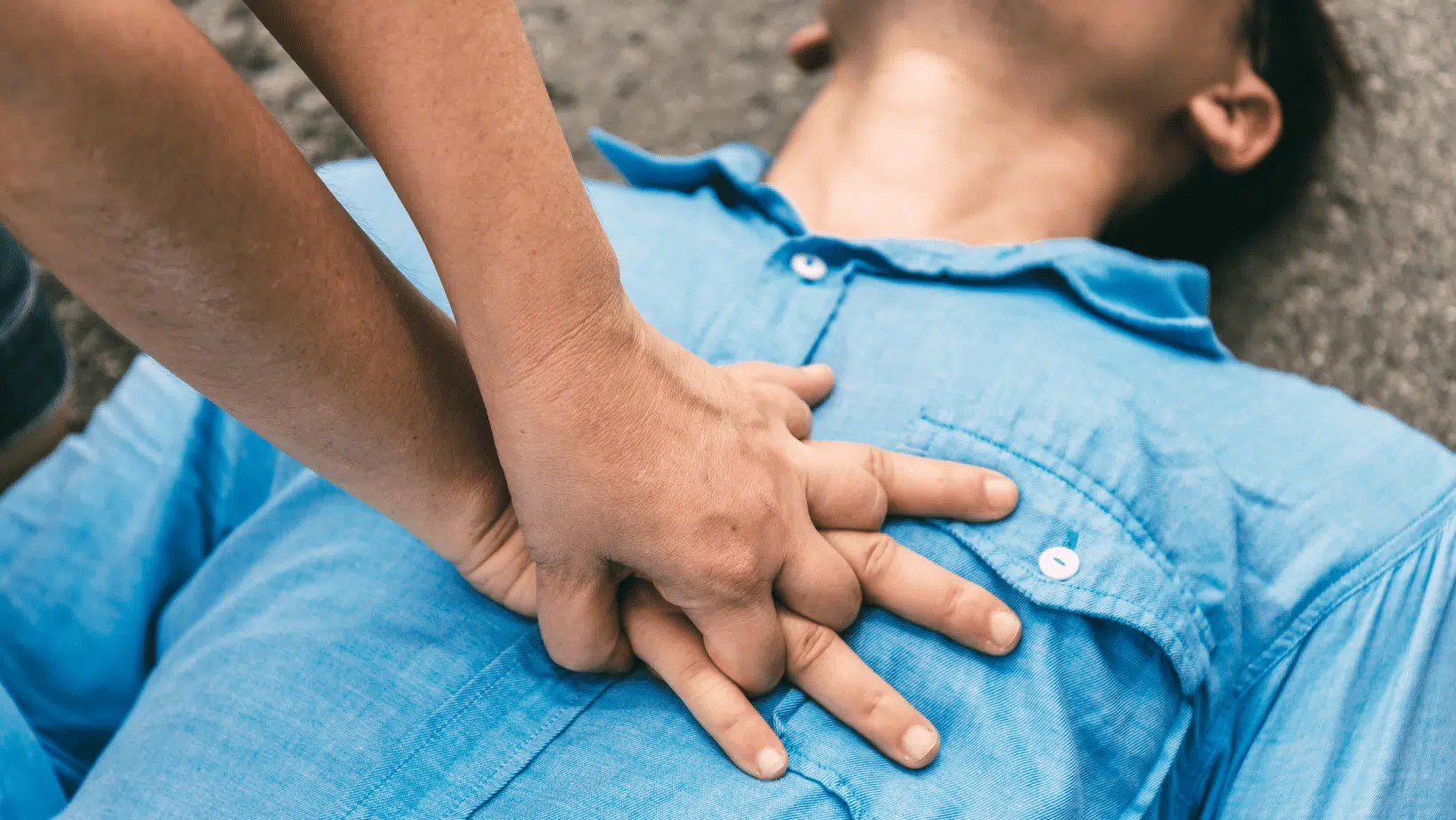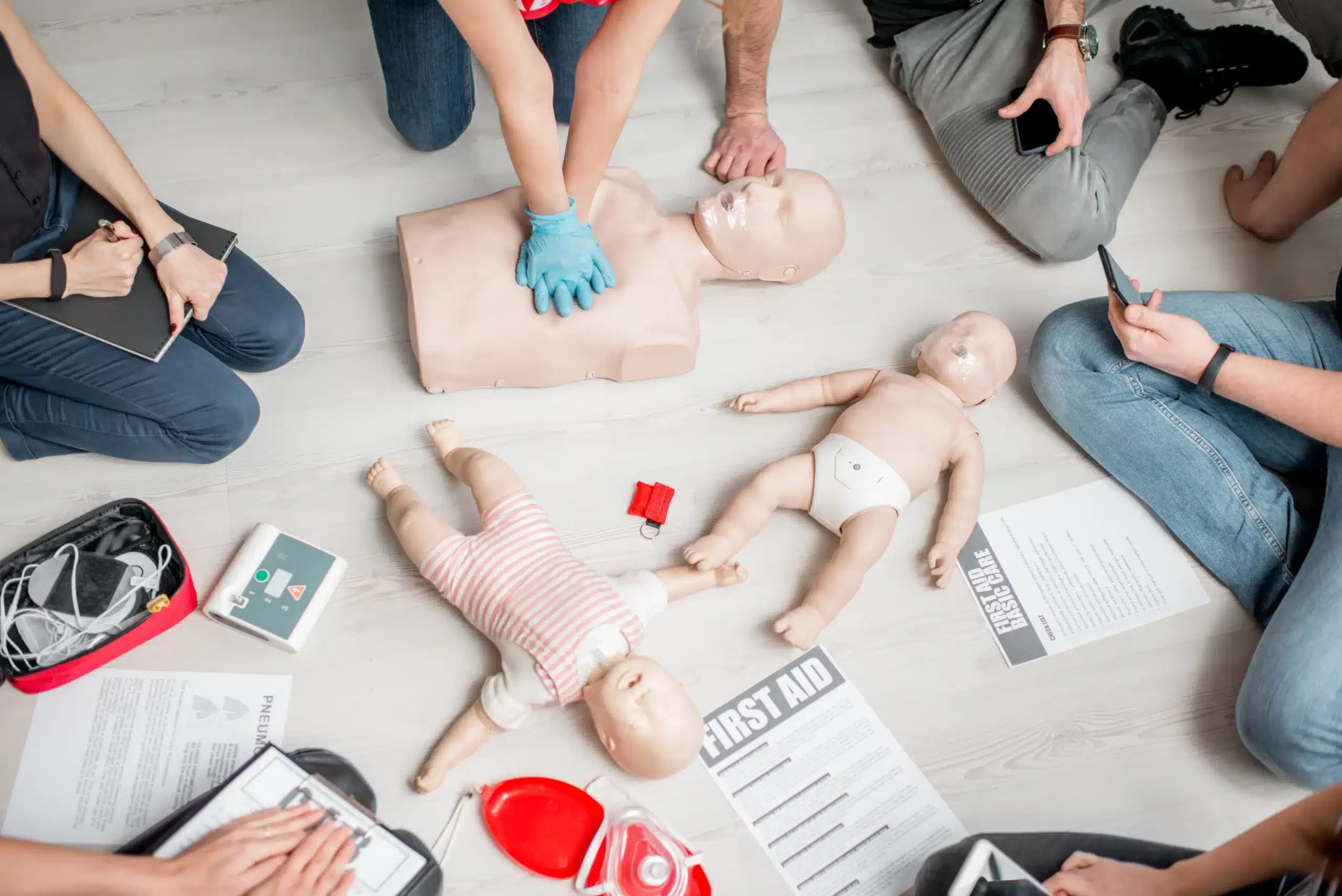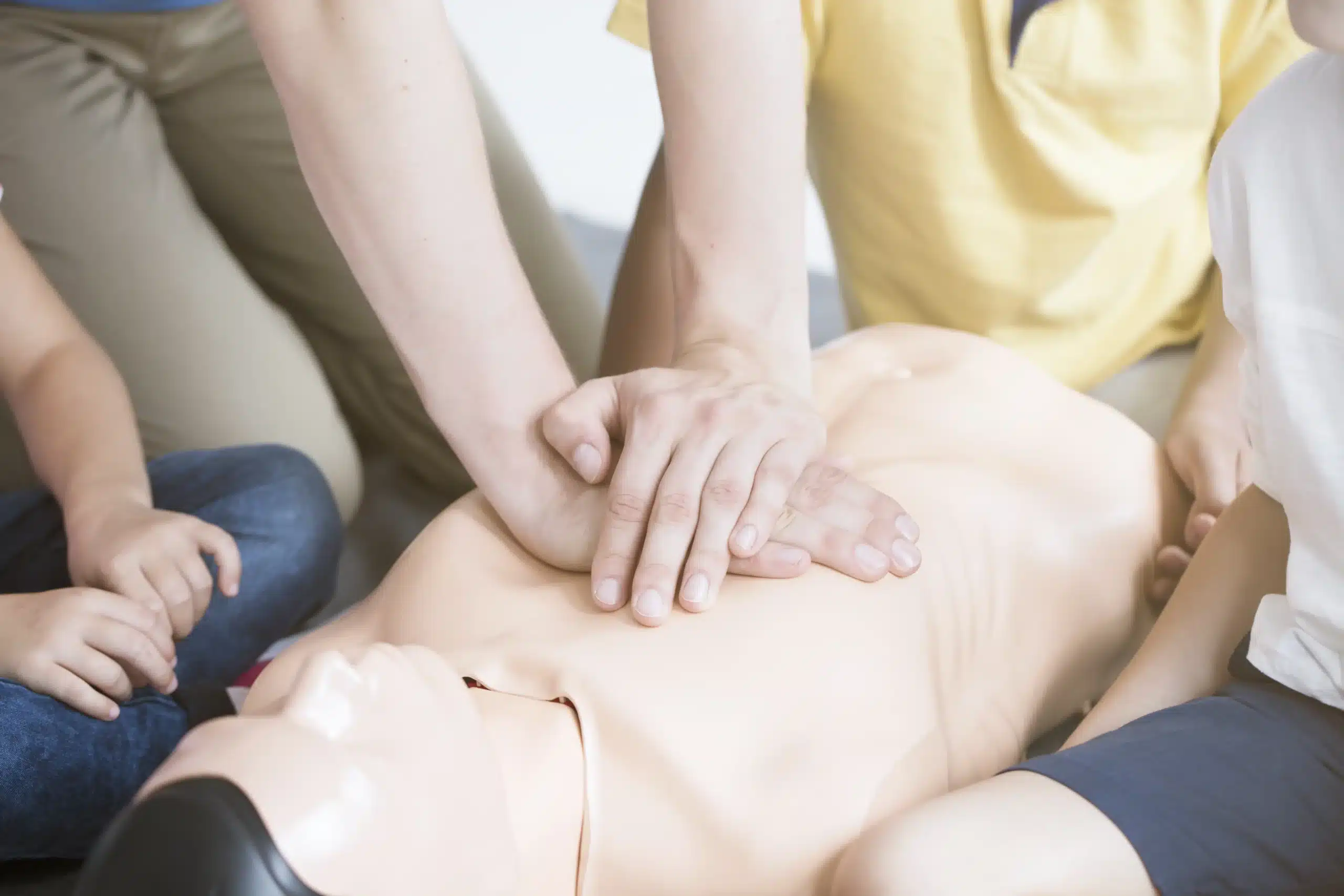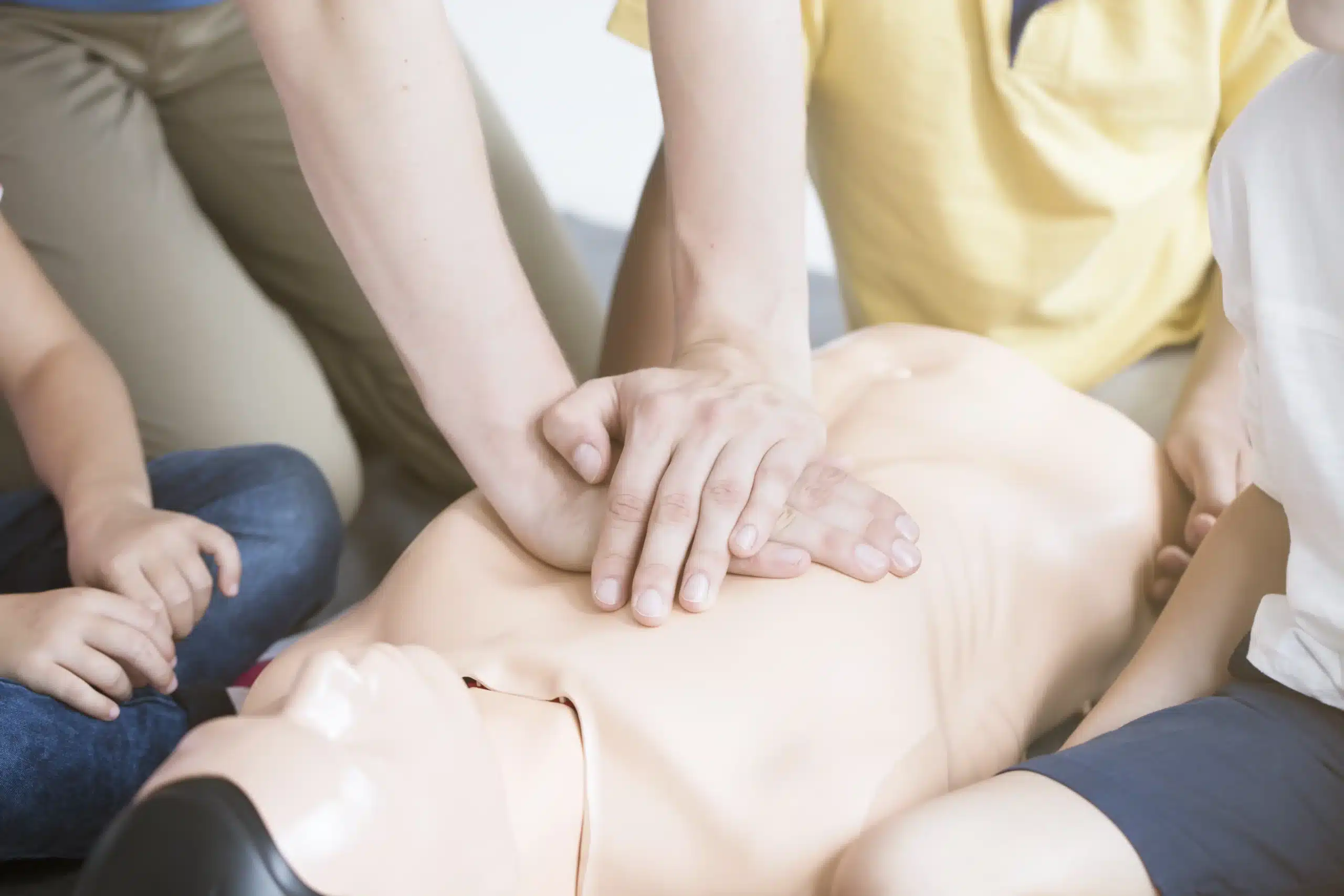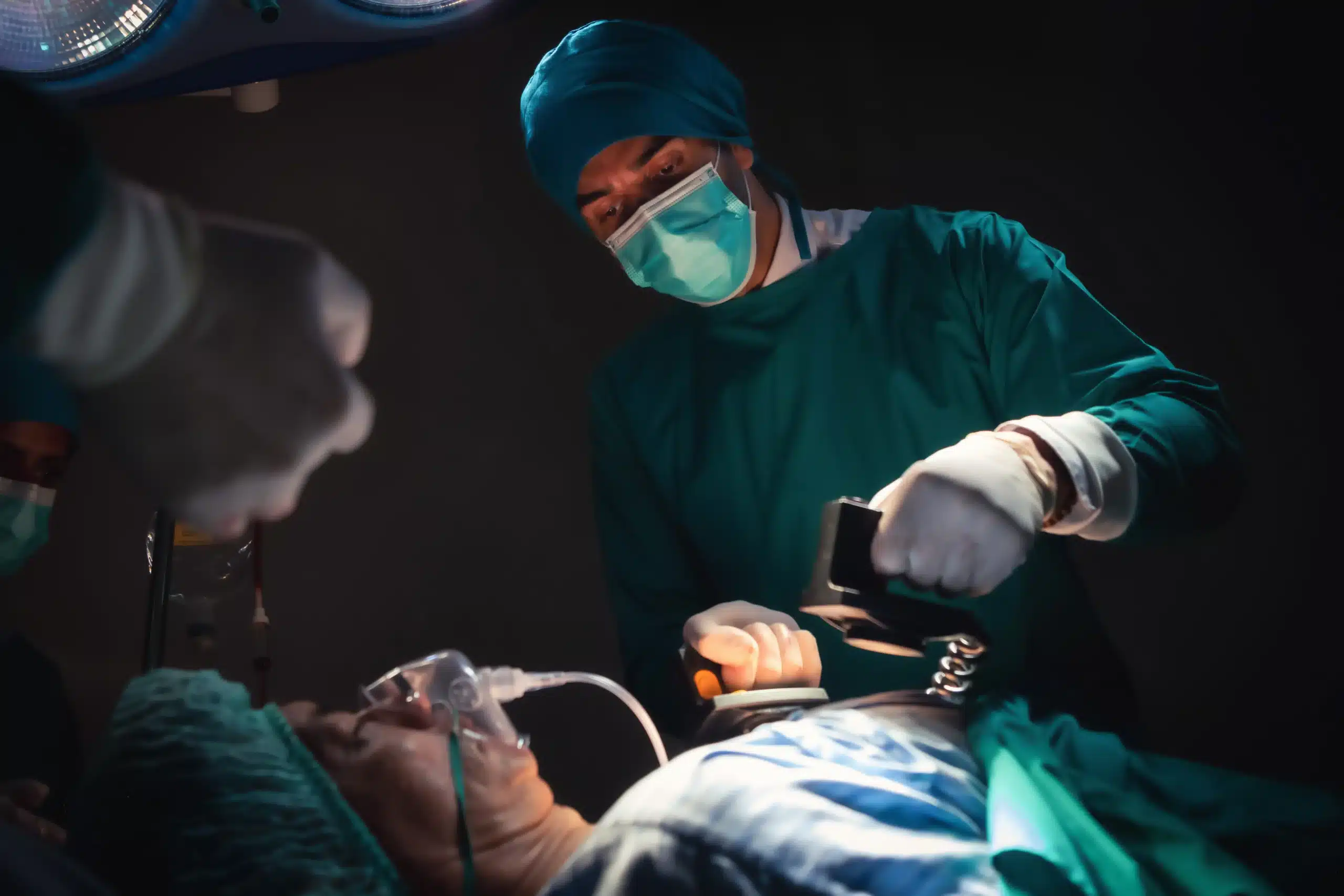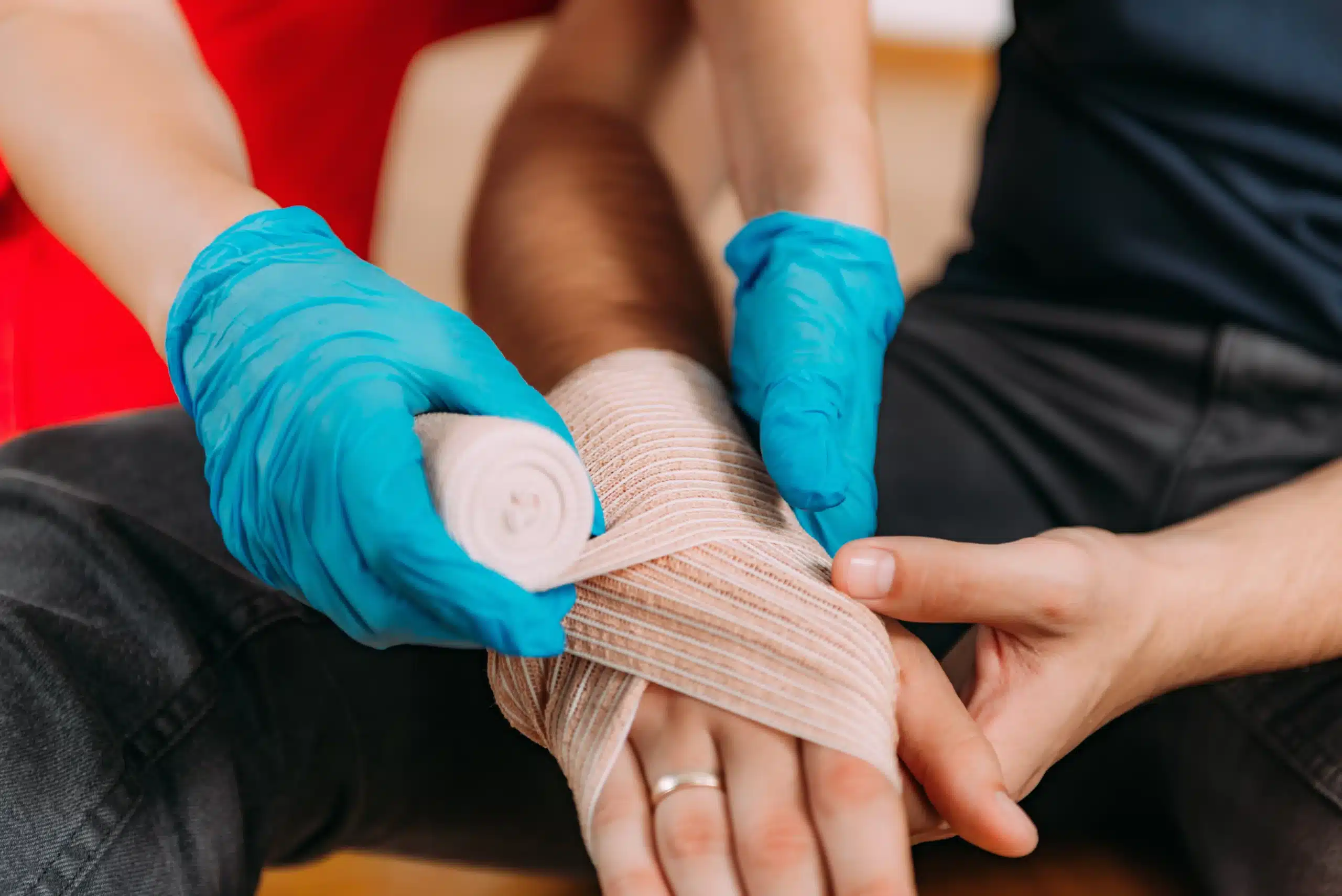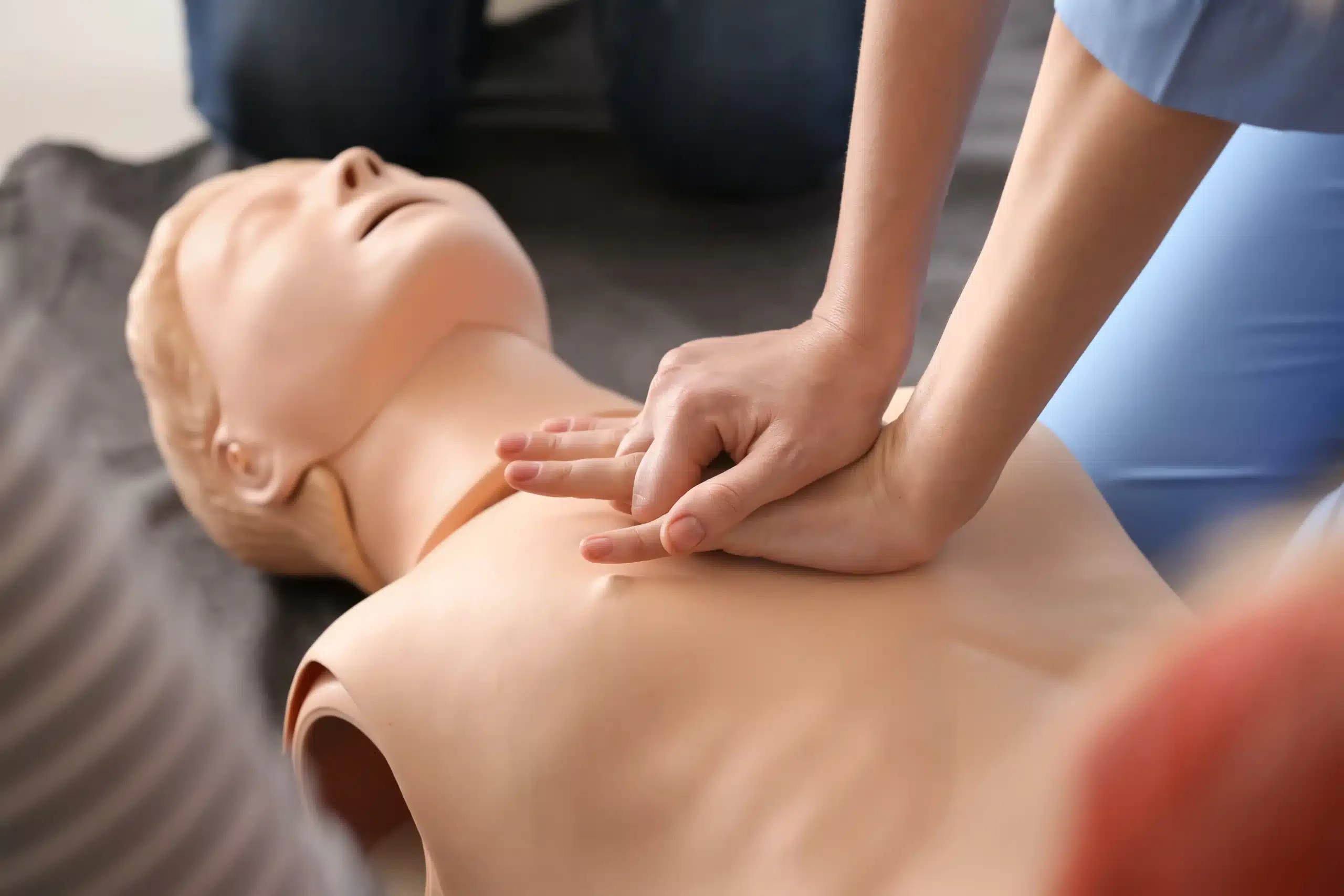Surviving cardiac arrest is a life-altering experience. While the physical recovery often takes center stage, the psychological impact of undergoing cardiopulmonary resuscitation (CPR) is equally significant—and often overlooked. Survivors don’t just face medical challenges; they’re often left grappling with fear, anxiety, and an entirely new perspective on life.
This blog explores the psychological recovery process for CPR survivors, breaking it down into three key areas:
- Understanding the mental and emotional impact of CPR.
- Practical coping strategies for survivors and their families.
- Why addressing mental health is just as crucial as physical rehabilitation.
By the end of this post, you’ll have actionable insights into aiding recovery, whether you’re a survivor, a loved one, or a professional supporting these individuals.
Understanding the Psychological Impact of CPR
Undergoing CPR isn’t just a physical event—it’s a deeply traumatic experience. Imagine being on the brink of death, only to wake up in an unfamiliar hospital environment to noises, chaos, and uncertainty. Survivors commonly face a cascade of emotional and mental challenges.
Immediate Emotional Responses
Survivors often report feelings of confusion, fear, and intense anxiety immediately after resuscitation. The trauma of a life-threatening event can leave a lasting imprint. This initial emotional turmoil may include:
- Fear of recurrence or vulnerability to future cardiac incidents.
- Confusion regarding what happened during and after the cardiac event.
- Shock as the brain processes near-death experiences.
According to studies published in the Resuscitation Journal, there is significant evidence of Acute Stress Disorder (ASD) in the immediate aftermath of CPR. Survivors may experience flashbacks, hypervigilance, or intrusive thoughts similar to what soldiers face after combat.
Long-Term Effects on Mental Health
The effects aren’t just short-term—many survivors report long-term psychological issues. Here are the most common ones:
- PTSD (Post-Traumatic Stress Disorder): PTSD affects 19% to 27% of cardiac arrest survivors. Symptoms include reliving the incident, avoiding reminders, and experiencing heightened emotional responses to triggers.
- Depression and Anxiety: Depression impacts 14% to 45% of survivors, while anxiety affects 13% to 61%. These conditions can hinder overall recovery and quality of life.
- Survivor’s Guilt: It’s not uncommon for survivors to question why they were saved while others might not get the same chance, leading to feelings of guilt and unworthiness.
Survivors frequently confront existential questions about life and mortality. This shift can have profound implications for how they view relationships, career goals, and their purpose.
What the Data Says
Research underscores the prevalence of psychological distress among CPR survivors:
- Depression rates range from 14% to 45%.
- Anxiety is reported in 13% to 61% of cases.
- PTSD impacts up to 27% of survivors (Resuscitation Journal, 2013).
These statistics highlight the importance of early recognition and intervention to improve mental health outcomes.
Coping Strategies for Survivors and Families
Recovering from the psychological aftermath of CPR requires a multi-pronged approach. Survivors benefit most when they combine personal coping techniques with structured support systems.
Mindfulness-Based Techniques
Mindfulness practices are proven to reduce stress and anxiety, and they form the core of self-help recovery methods. Start with these ideas:
- Meditation: Dedicate 5–10 minutes daily to mindful breathing or guided meditation apps like Calm or Headspace.
- Journaling: Write down thoughts, fears, or reflections—it’s a safe, private space to process emotions.
- Yoga: Gentle stretches and breathing techniques aid in calming the mind and body after trauma.
Example exercise: Practice a 4-7-8 breathing technique to ease feelings of anxiety. Breathe in for 4 seconds, hold for 7 seconds, and exhale slowly for 8 seconds.
Support Networks
Recovery becomes less daunting with a strong support system. Here’s why it matters:
- Family and Friends often serve as emotional anchors, providing love and encouragement during the healing process.
- Support Groups specifically for CPR survivors foster a sense of belonging and validation. Forums like the American Heart Association Survivor Network connect survivors and caregivers for shared insights and advice.
Encourage survivors to actively participate in community-focused sessions, whether in-person or virtual.
Lifestyle Adjustments
Maintaining a balanced and healthy lifestyle promotes both mental and physical recovery. Focus on:
- Physical Activity: Even gentle movement like walking improves mood and supports physical rehabilitation.
- Balanced Nutrition: Nutritious meals can boost overall energy and mental clarity.
- Sleep Hygiene: Establish bedtime routines to ensure restorative, quality sleep. Sleep plays a pivotal role in emotional resilience.
Developing a sustainable daily routine can help survivors regain a sense of control.
Seeking Professional Help
For many, consulting a mental health professional is essential. Therapists or counselors trained in trauma recovery can provide the guidance needed to heal. Commonly recommended therapies include:
- Cognitive Behavioral Therapy (CBT) to manage and reframe negative thoughts.
- Eye Movement Desensitization and Reprocessing (EMDR) for addressing trauma-related symptoms.
If you’re considering therapy, look for specialists experienced with health-related trauma or PTSD to ensure tailored care.
Why Psychological Recovery is Essential
Neglecting the psychological impact of CPR can hinder overall recovery. Here’s why focusing on emotional well-being is a non-negotiable part of the rehabilitation process:
- Mental and Physical Health Are Interlinked: Unresolved anxiety and depression increase stress on the body, potentially slowing physical healing. Conversely, improved mental well-being can accelerate physical recovery.
- Enhanced Quality of Life: Addressing emotional challenges ensures survivors can rebuild their lives with confidence and motivation, fostering better relationships and renewed purpose.
Taking steps toward psychological recovery is not a luxury. It’s a necessity for reclaiming a fulfilling life post-resuscitation.
Empower Yourself and Others
Surviving CPR is a testament to one’s resilience and strength. The road to recovery—both mental and physical—is challenging, but with the right strategies and support, it’s achievable.
If you or someone you know is navigating this path, share this guide to provide the tools and resources they need for healing. Remember, seeking help isn’t a sign of weakness—it’s a step toward wellness.
Feeling inspired to make a difference? Enroll in CPR training courses in Los Gatos, CA with trusted providers like Safety Training Seminars. Courses like CPR and First Aid, BLS (Basic Life Support), ACLS (Advanced Cardiac Life Support), or PALS (Pediatric Advanced Life Support) can prepare you to save lives and support survivors on their recovery journeys.
Because every recovery story starts with someone willing to act.
